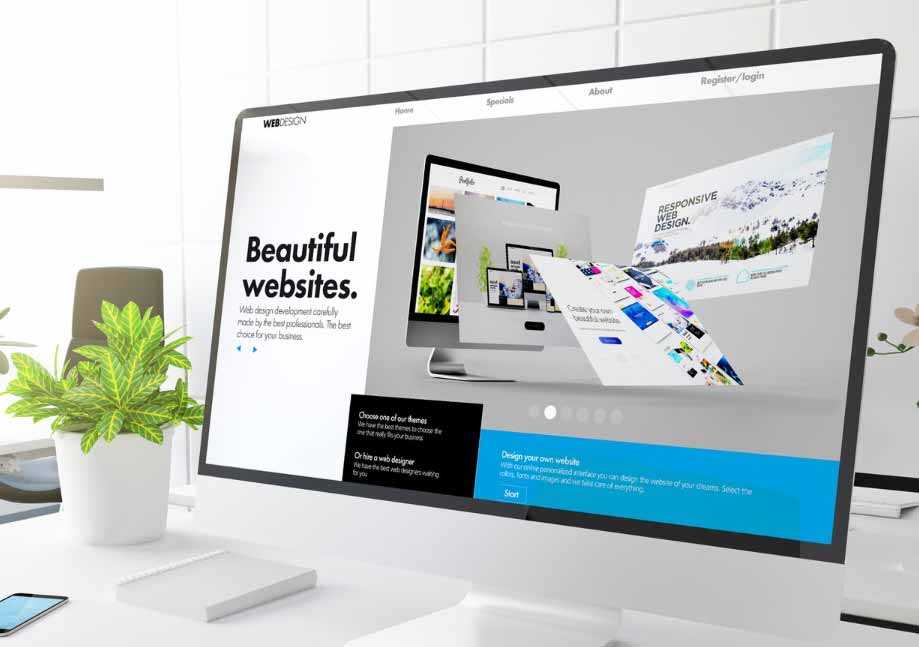Some of the links in this article are "affiliate links", a link with a special tracking code. This means if you click on an affiliate link and purchase the item, we will receive an affiliate commission.
The price of the item is the same whether it is an affiliate link or not. Regardless, we only recommend products or services we believe will add value to our readers.
By using the affiliate links, you are helping support our Website, and we genuinely appreciate your support.
Choosing the Right CMS / Website Builder for SMEs
When selecting a platform, SMEs should focus on:
- Ease of use / learning curve – How quickly non-technical users can set up and update the site.
- Design & templates – Quality, responsiveness, and branding flexibility.
- E-commerce capability – Essential if online sales are part of the plan.
- SEO, performance & scalability – Speed, mobile-friendliness, and ability to grow.
- Cost / value – Subscription fees, hosting, and add-ons.
- Support & integrations – Availability of plugins, extensions, and third-party apps.
Top Platforms / CMSs for SMEs in 2025
| Platform | Best for | Key Strengths | Considerations |
|---|---|---|---|
| Wix | Fast setup and non-technical teams | Over 2,500 templates, drag-and-drop editor, AI site generation, SEO checklist, mobile editing. | Advanced customisation limited; higher costs for premium features. |
| Squarespace | Creative professionals and service-based SMEs | Polished, modern templates; strong design tools; mobile responsive; built-in SEO features. | Limited plugin ecosystem; less flexibility than open-source CMSs. |
| Hostinger Website Builder | Budget-conscious SMEs wanting AI tools | Affordable, AI-driven design tools, e-commerce ready, logo and blog generators included. | Smaller app ecosystem; limited scalability for larger stores. |
| Shopify | SMEs focused on e-commerce | Powerful online store tools, payment/shipping integrations, multichannel selling, professional templates. | Monthly costs add up; transaction fees apply; less suited for content-heavy sites. |
| WordPress (Self-hosted) | Businesses wanting full control and scalability | Massive theme/plugin library, great for SEO, highly flexible (blogs, shops, memberships, etc.). | Needs hosting, security, and maintenance; setup can be complex. |
| Drupal | SMEs with complex or multilingual sites | Highly secure, great for structured content, scalable for large projects. | Steep learning curve; requires developer support. |
| HubSpot CMS Hub | SMEs that prioritize marketing and CRM integration | Combines CMS with CRM, lead management, and automation in one platform. | Higher cost; more features than small sites may need. |
Insights from 2025 Testing
- Wix topped recent reviews for ease of use, template variety, and AI support.
- Squarespace ranked high for visual polish and business-ready designs.
- Hostinger Website Builder stood out for affordability combined with modern AI-driven features.
- Shopify remained the go-to for SMEs running online stores.
- WordPress continued to dominate for flexibility and long-term scalability.
What SMEs Should Prioritize
Do focus on:
- A platform that allows quick launch and easy updates.
- Mobile responsiveness and strong SEO features.
- Transparent pricing without hidden fees.
- Integration with local payments and third-party tools.
Be cautious about:
- Overly restrictive templates or ecosystems.
- High hidden transaction fees.
- Platforms that are hard to migrate from in the future.
- Complex systems without in-house technical resources.
Recommendations by Scenario
- Simple, professional website → Wix or Squarespace
- E-commerce focus → Shopify or WordPress + WooCommerce
- Content/SEO focus → WordPress (or Drupal for complex needs)
- Budget-friendly startup → Hostinger Website Builder
- Marketing-heavy SME → HubSpot CMS Hub



